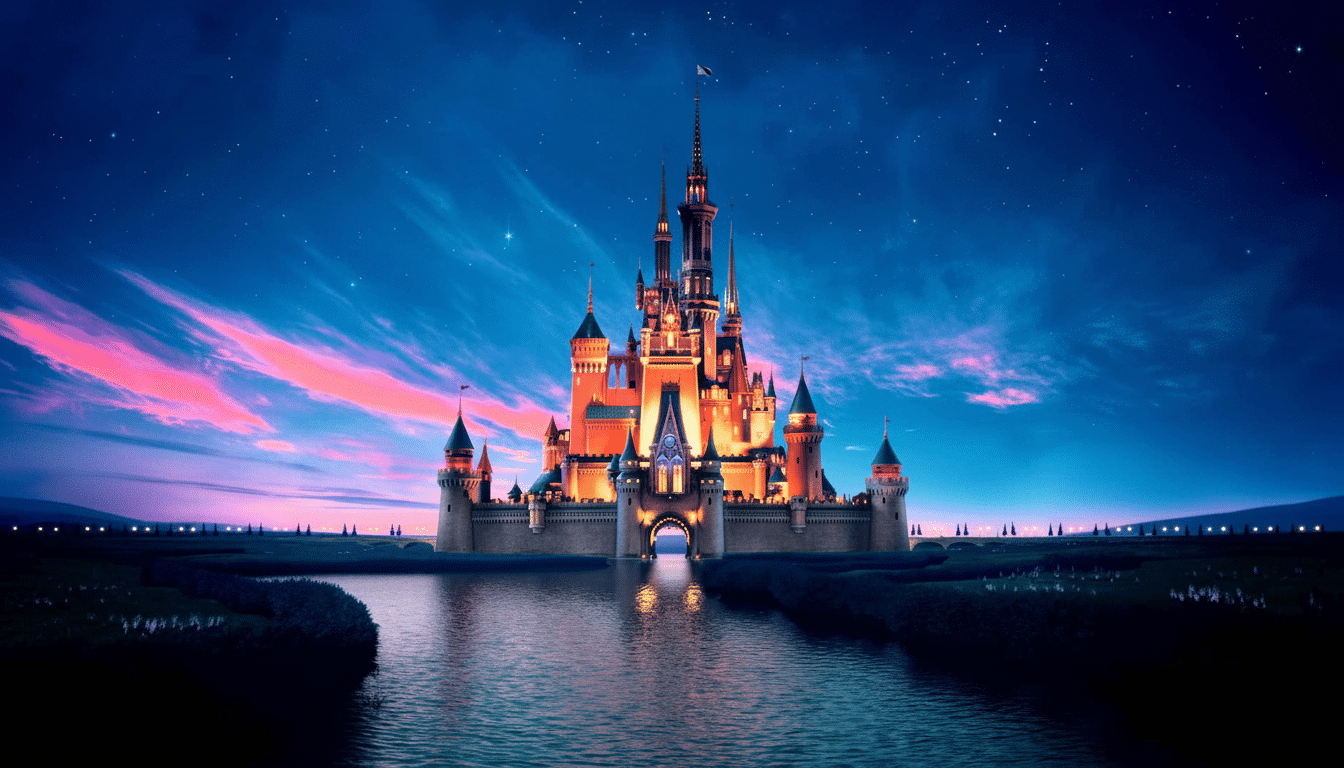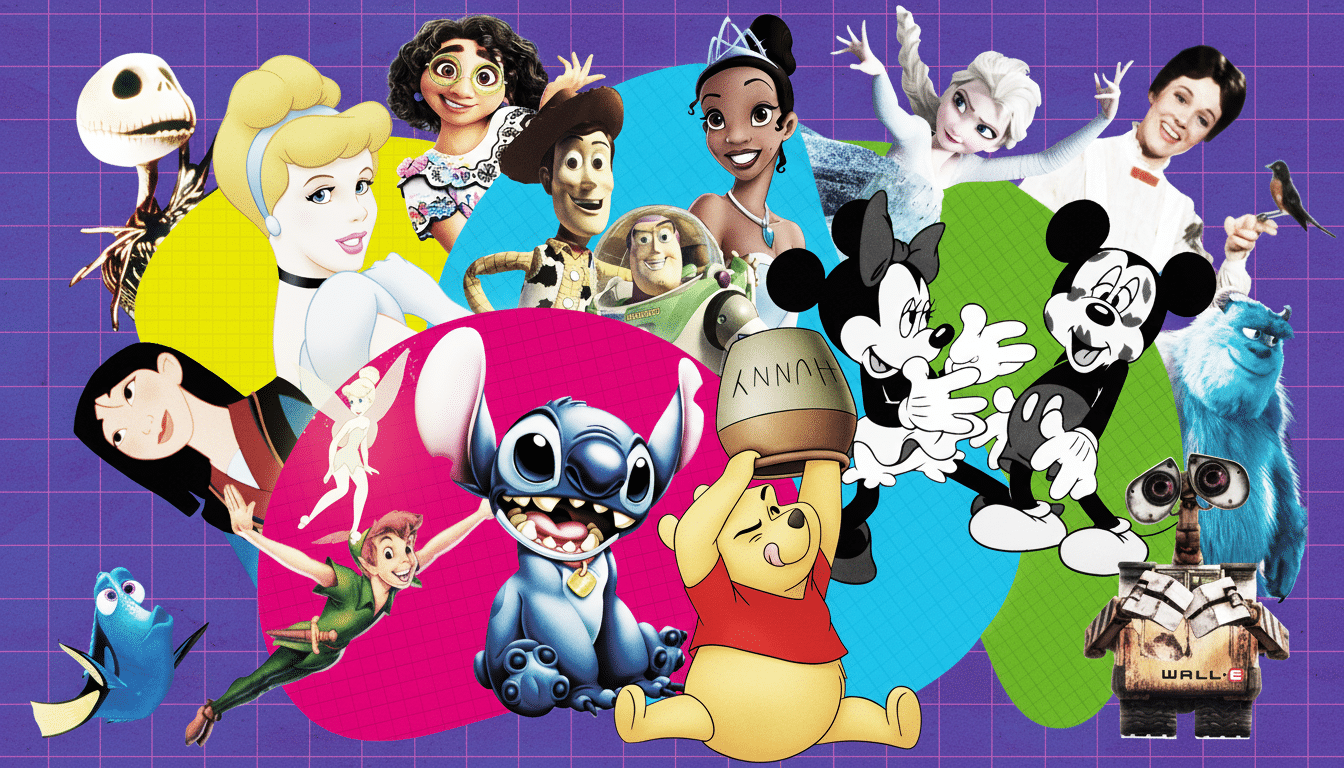Disney and ABC are sparking a growing backlash from the entertainment and media industries at large for yanking Jimmy Kimmel Live! off the air, with Conan O’Brien, former Disney chief Michael Eisner, and even talent associated with Disney speaking out publicly against it as a cave-in to political pressure and an attack on free speech.
The break came after a Kimmel monologue that evoked contentious far-right activism, which led to a partisan feud and a public warning of regulatory scrutiny by an official with the Federal Communications Commission. The withdrawal of the show by ABC, rather than letting it run its course, suddenly emerged as the story — not just this specific insult to prominent public figures, but a flashpoint for if and when corporate owners will go to any length not to get tangled in a high-stakes political fight.

Late-night peers and Disney talent push back
Late-night hosts rallied around Kimmel, with figures like Jon Stewart and Seth Meyers drawing the line that networks can’t allow elected officials — or regulators — to dictate what’s acceptable in comedy. O’Brien, who has spent decades in the format, isn’t pulling any punches, cautioning that if programming decisions are made based on political threats “the joke is on the audience.”
Even within Disney’s own orbit, criticism breached into public view. The “She-Hulk” actress Tatiana Maslany encouraged everyone to cancel their subscriptions across Disney’s entire streaming portfolio of services. Subscriber-data firms like Antenna have tracked measurable churn spikes after high-profile entertainment controversies, emphasizing the business hazard of when creative communities feel muzzled.
Nielsen estimates indicate that on average the 11:35 p.m. ABC franchise attracts about one-and-a-half million viewers in its live airing, and clips from the show frequently gather millions of views across platforms such as YouTube. In simpler terms, the show is a legacy ratings tentpole and digital reach engine — which means pulling it is an expensive message to audiences and advertisers.
Eisner’s rare rebuke and the deal-making backdrop
Eisner’s criticism was particularly potent given his lengthy time as head of the company. Though ex-CEOs are traditionally loath to second-guess their successors, he indicated that the decision telegraphed fear rather than resolve. His comments came amid fresh talk of station ownership and regulatory approval that affects the ABC ecosystem.
The New York Times reported on Nexstar’s interest in buying Tegna, a large group of stations. Both companies also own a number of Big Four affiliates, more than a dozen that air ABC programming. Any such combination of that size would need to be approved by the FCC. Though Disney is not necessarily a party to such an agreement, ABC’s future distribution of programming will likely be influenced by friendliness with affiliate owners and regulators — context that critics point to as relevant in terms of why Disney might make peace if controversy becomes loud enough.
Wall Street generally responds to potential regulatory risk with caution, and media companies also have tried to lower the temperature on disagreements that could get in the way of license renewals or business combinations. Eisner’s point, echoed by other industry veterans, is that focusing on near-term tranquility can all too easily lead to long-term brand damage in a way that may make it seem like your poster child for openness and fair play was never really open or fair at its core.

Where rhetoric meets the First Amendment in late night
The regulatory threat that prompted, in part, the pause was from an FCC official who publicly pecked at ABC over Kimmel’s monologue. First Amendment lawyers were quick to point out the commission’s lack of authority: the FCC regulates broadcast licensees, not individual programs, and its indecency rules largely apply to daytime and early-evening hours. Late-night shows broadcast after 10 p.m. face a “safe harbor” period with narrower speech restrictions and little enforcement historically.
Earlier, organizations like PEN America and the Knight First Amendment Institute had warned that when private companies themselves censor proactively in response to government threats — informal or otherwise — it can have a chilling effect on constitutionally protected speech. News and comedy are particularly fraught in the dynamic, because they often push political boundaries as part of their mission.
That’s one reason the Kimmel episode reverberated beyond a single show — to critics, the decision to bench a flagship late-night program suggests that performers will now toe editorial lines dominated by corporate concerns over the risk of offending anybody, particularly on hot-button political issues.
What Disney’s choice says about ABC and late night
For ABC, removing Kimmel opens up programming and revenue voids during a competitive daypart. Late-night advertising has proven to be more resilient, based on data from Kantar and Standard Media Index — driven partly by younger-skewing audiences, live viewing and social video spillover. So much as a short break throws that flywheel out of kilter — and cedes rivals a story advantage about loyalty to their talent.
For Disney, the stakes are reputational. The company has a long history of walking the line between family-friendly branding and its divisions that cater to adults, like ABC and Hulu. The Roseanne Barr cancellation proved Disney won’t wait to take action if content oversteps its own internal guidelines. The Kimmel suspension, critics say, reads differently: not as upholding a policy line but as heading off a political battle.
ABC and Disney did not offer a detailed reason for the breach. Until then — or until Kimmel’s return — it is unclear who gets to decide the limits of one of TV’s most enduring formats: comedians, audiences or politicians with a megaphone. As O’Brien and Eisner made plain, the response will tell us as much about corporate courage as it does comedy.

